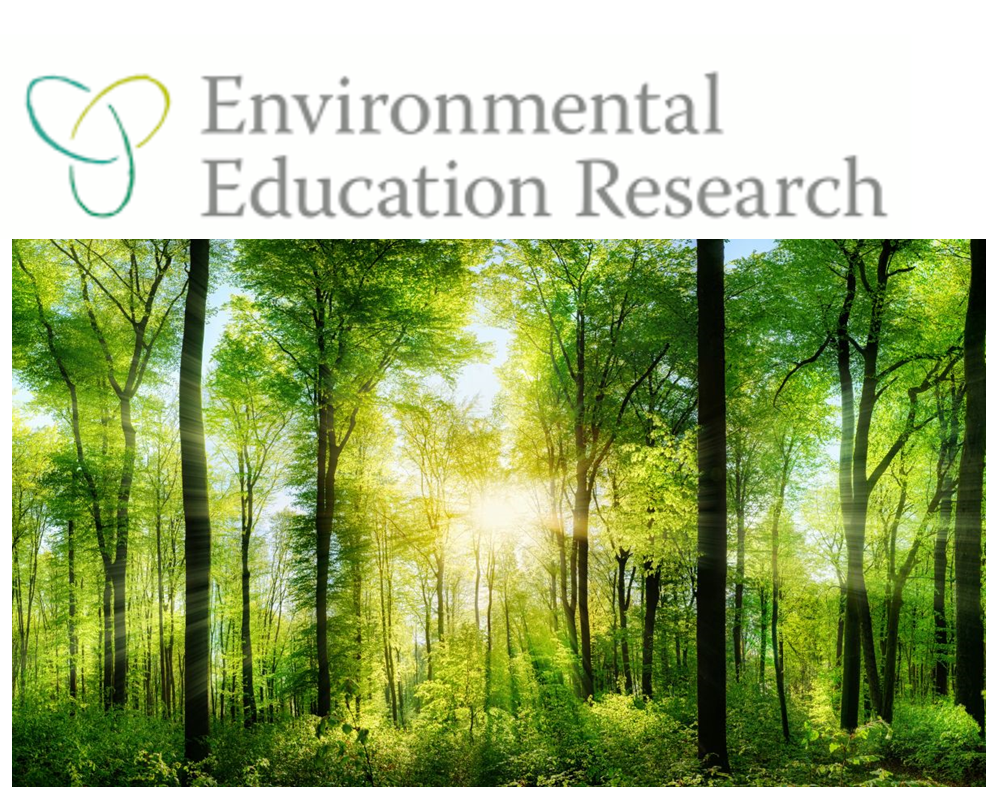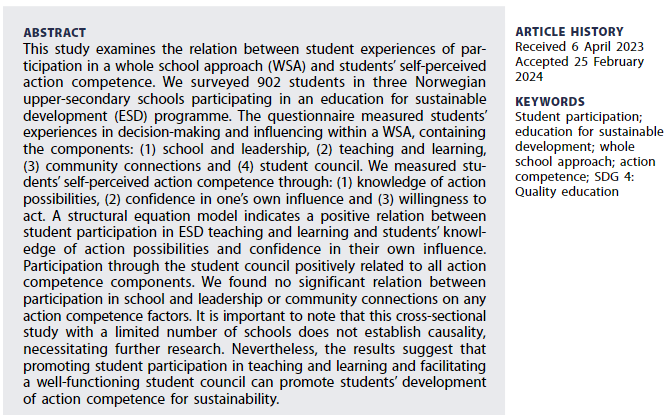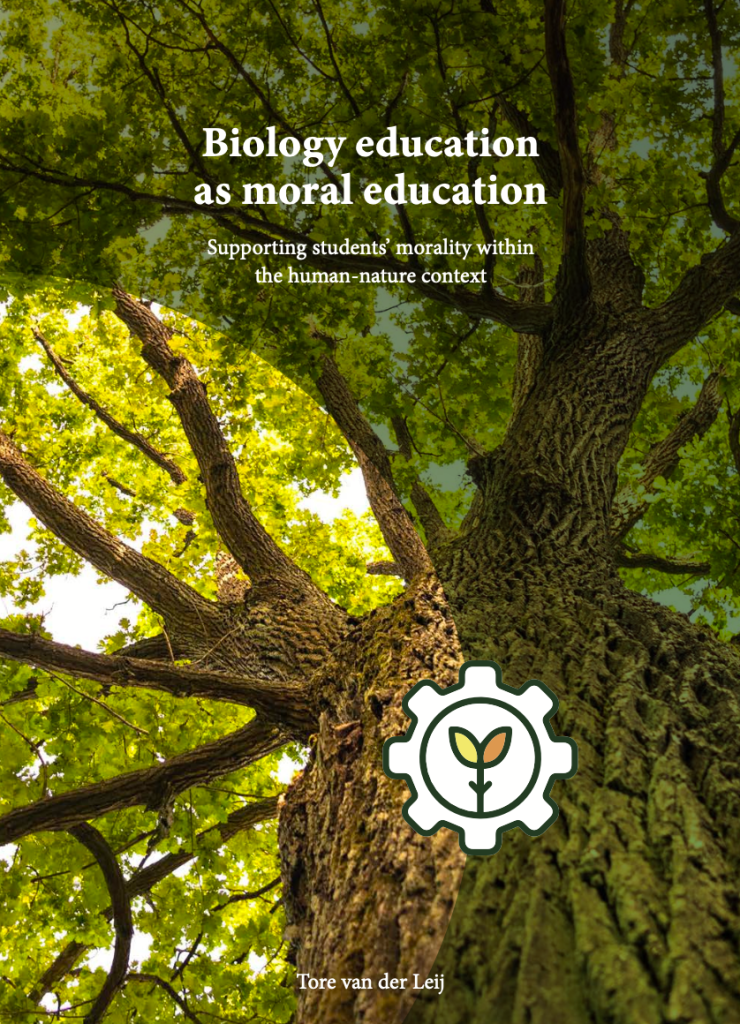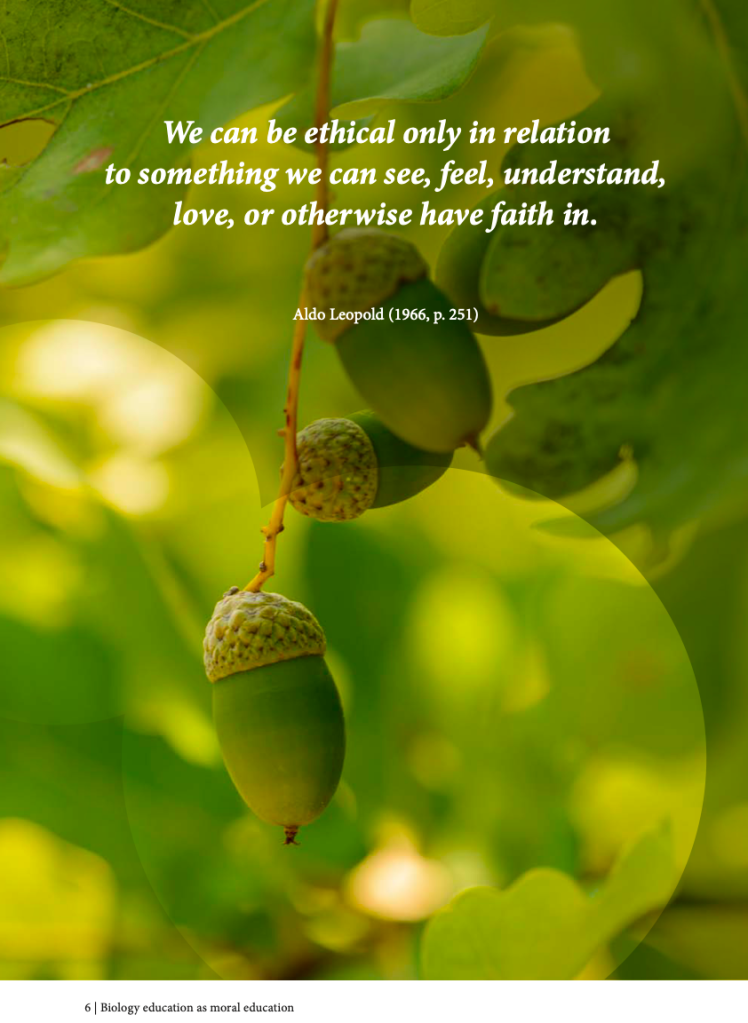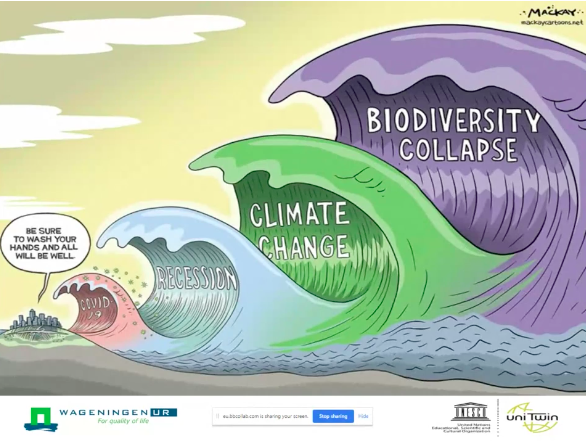
Saskia Weijzen published her first article as a part of her PhD-journey. The full title is: Vocational education for a sustainable future: Unveiling the collaborative learning narratives to make space for learning
I am sharing the abstract here to pique, hopefully, your curiosity:
In the light of urgent global sustainability challenges, vocational education is searching for new approaches that are more just and future proof. At least a part of the answer seems to lie in so-called collaborative learning arrangements where students together with societal actors explore sustainability-related challenges. The amount of this kind of arrangements in which vocational education participates increases. Empirical studies on what actually goes on in the collaborative arrangements are rather scarce. This study addresses the theory-practice gap by applying a participatory design. The study unveils that deeply seated educational and socio-cultural routines like the student as learner, alienation from issues, a bias towards cognitive knowing and ‘solving’ problems seem to limit the possibilities for more genuine collaboration to emerge. The study also found that by intervening with creative and reflexive methods, space for transformative learning can unfold that allows engagement with existential questions like ‘what is it what I really got to do here?’. The opening up of these spaces was accompanied by longings to go beyond the rosy narratives of collaborative learning arrangements and to have more attention for the persistent embeddedness of educational routines in the societal issues around us. Vocational education as society. What happens if we progress towards vocational education for sustainable futures with more modesty and introspection?
The full citation and doi (it is open access!) is:
Weijzen, S. M. G., Onck, C., Wals, A. E., Tassone, V. C., & Kuijer-Siebelink, W. (2024). Vocational education for a sustainable future: Unveiling the collaborative learning narratives to make space for learning. Journal of Vocational Education & Training, 76(2), 331–353. https://doi.org/10.1080/13636820.2023.2270468

